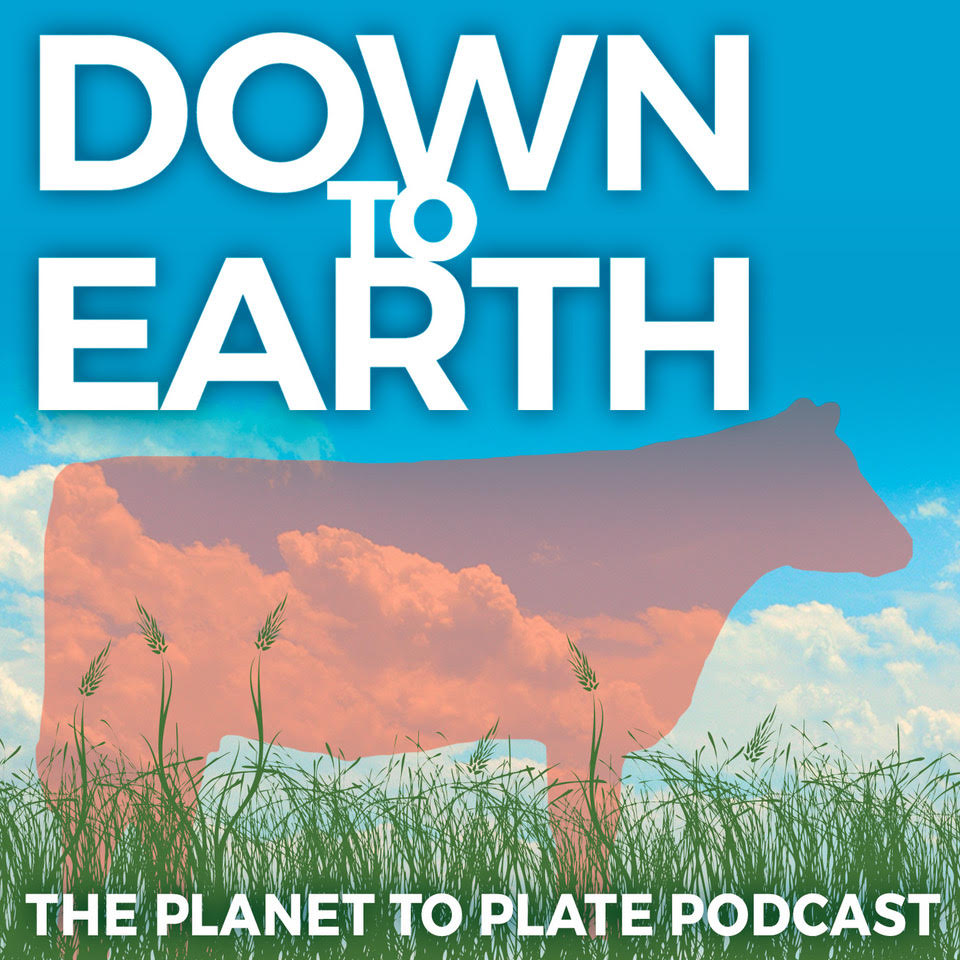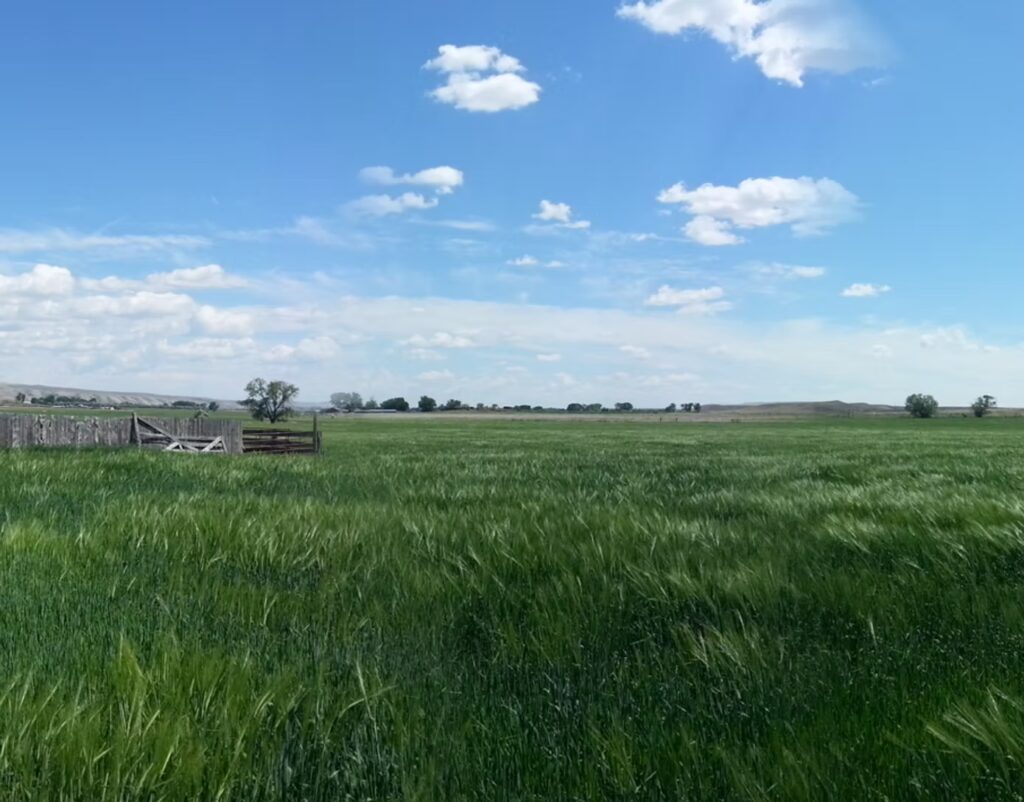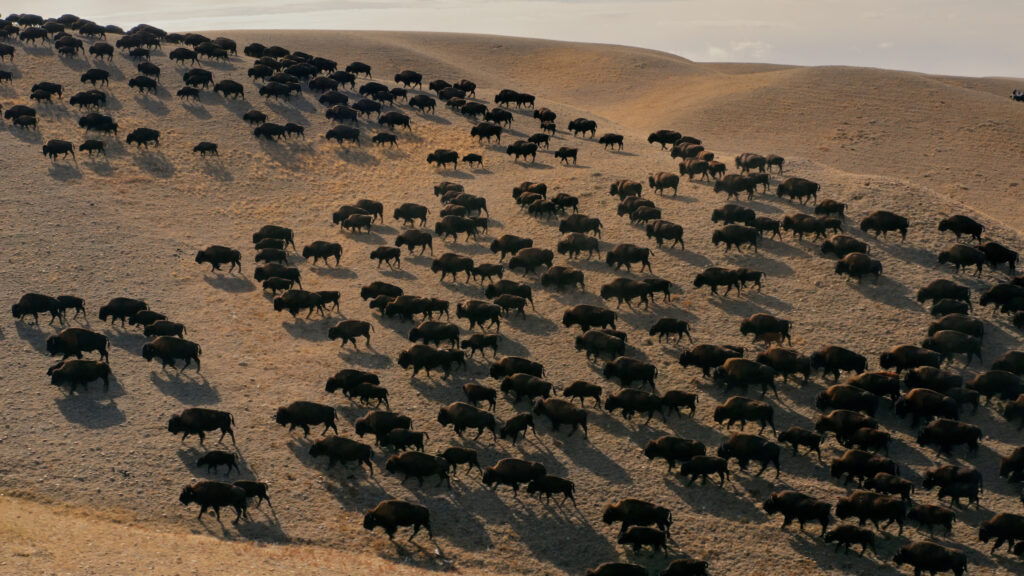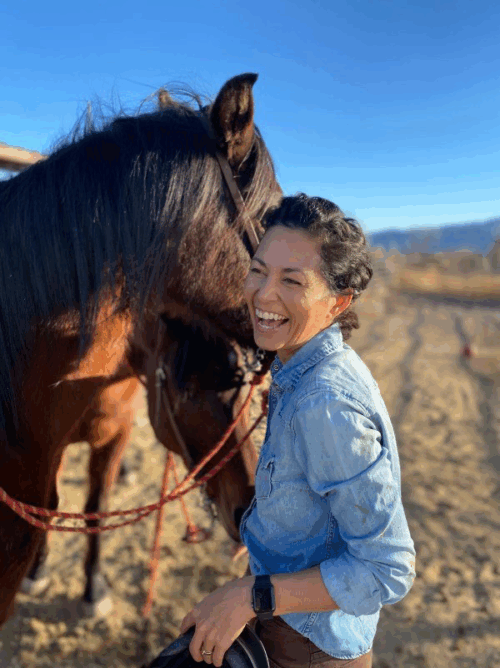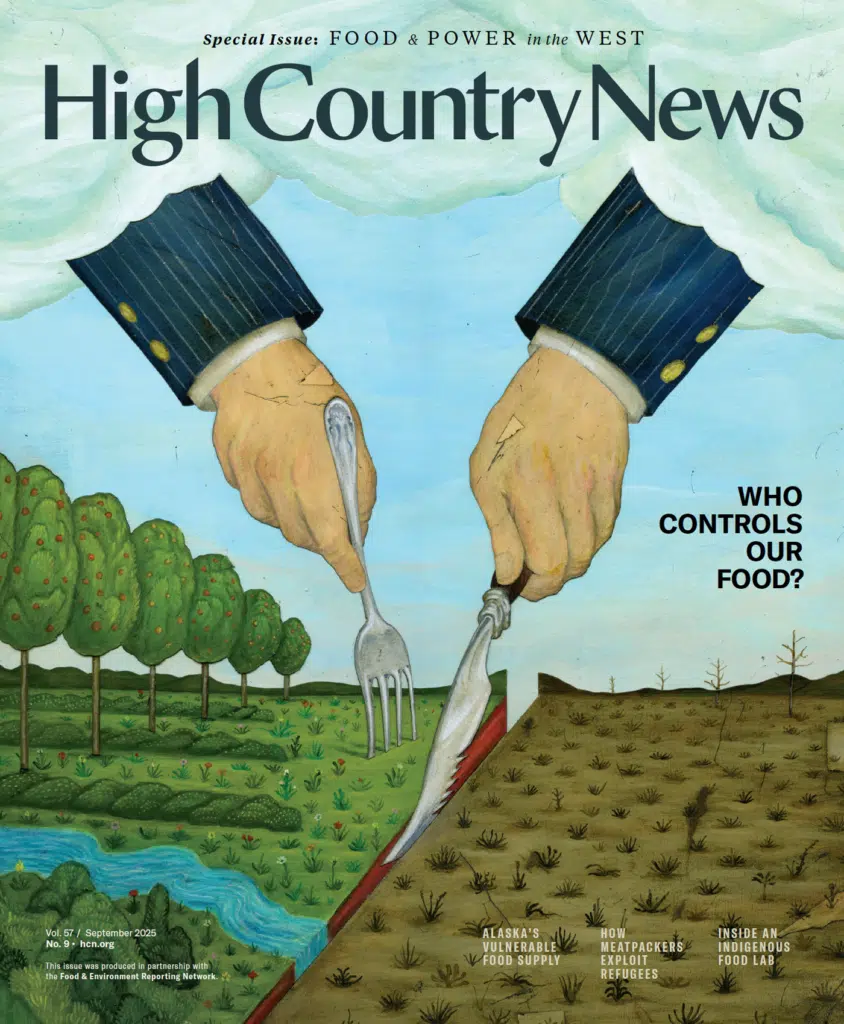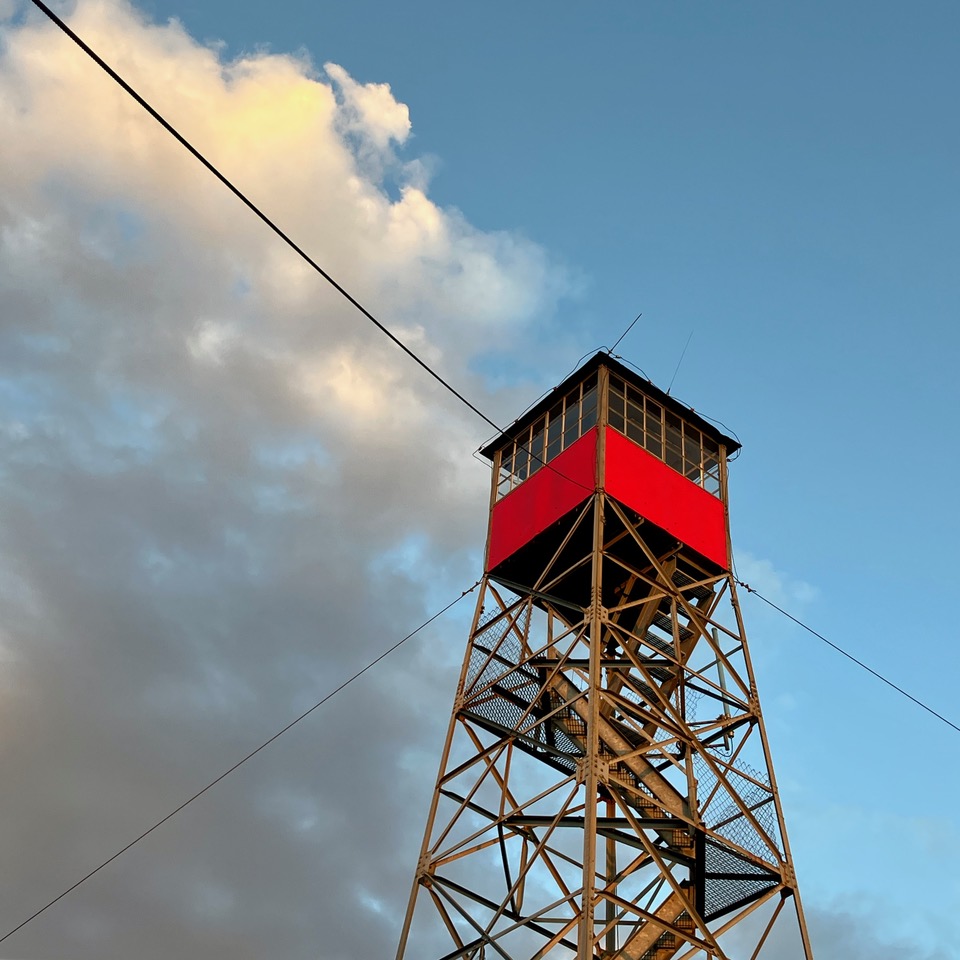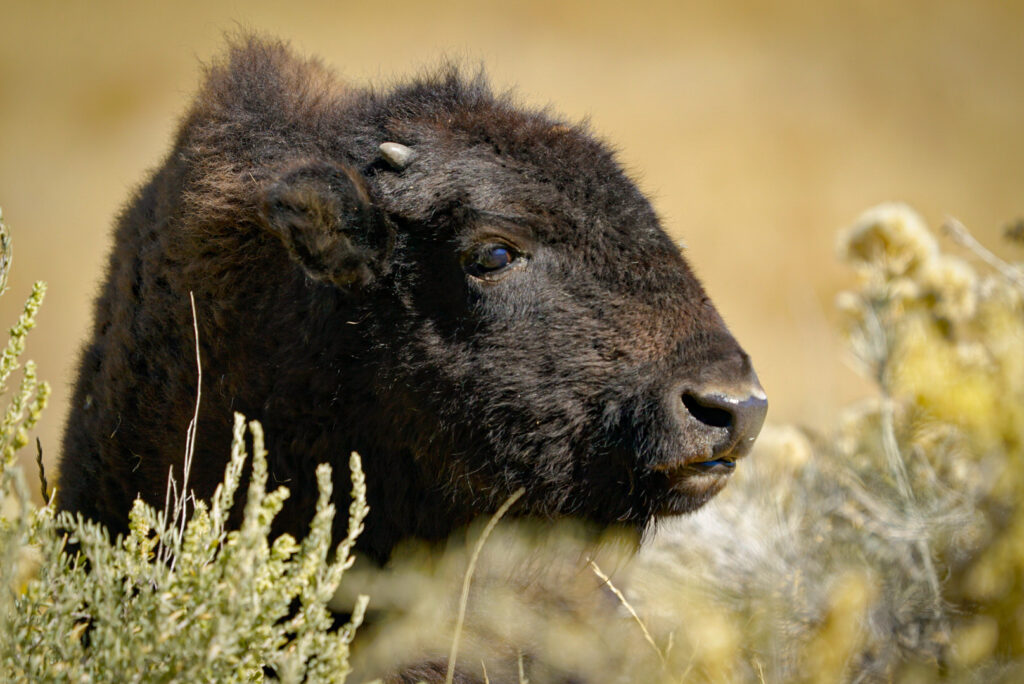Regenerative vs. Degenerative Agriculture
A wide-ranging conversation with Kevin Watt, strategic advisor at TomKat Ranch in Pescadero, California, about the hazards of degenerative agriculture around the world, and the evolution toward new ways of thinking about productivity, healthy food, and thriving on a crowded planet.
Show Notes:
1’14 regenerative vs. degenerative agriculture
5’25 the example of degeneration in the nation of Malawi
6’14 turning from native crops to tobacco and cash crops
7’39 destruction of ancient forests to dry tobacco
7’51 eating traditional/local food became low status
9’17 civil unrest as a result of anger and frustration
13’06 comparison to the US
13’25 four phases of our relationship to the natural world
15’41 integrated environmentalism–the idea that humans are part of the natural world
16’35 taking responsibility as stewards of the planet
17’28 letting go of the idea of industrialism as a reliable default
18’18 visualizing topsoil loss
19’07 maximizing yield and other ways of thinking about productivity
19’31 setting positive goals
21’41 the question is not about feeding 9 billion people, but about how we all thrive
22’21 a lot of food currently raised only for calories without consideration of other issues, human and environmental
23’15 doing the work of accepting dynamic systems and being in a community
24’13 profit vs. revenue
24’35 the importance of diversification
25’52 thinking about profit per acre instead of yield
28’15 project of traveling through the West to talk to producers doing regenerative ag–and the diversity of results
28’58 Kevin lost a hundred pounds through regenerative ag.
29’22 hidden costs of the degenerative system
31’13 reconnecting to our individual needs for nourishment
33’06 California food program for school children
33’59 craving the foods we ate when we were young
34’46 watching healthy animals on pasture
35’20 Kevin’s children eat sauerkraut and cod liver oil
36’14 is regenerative agriculture only for the wealthy?
38’39 shelf price vs. real price of food
39’57 study of the real cost of regenerative vs. conventional beef
41’32 policy that would internalize heretofore externalized costs
43’05 focus on internalizing the benefits
45’02 the idea of disruption in agriculture
47’34 how do you deal with the harmful entities with the most power and political clout


